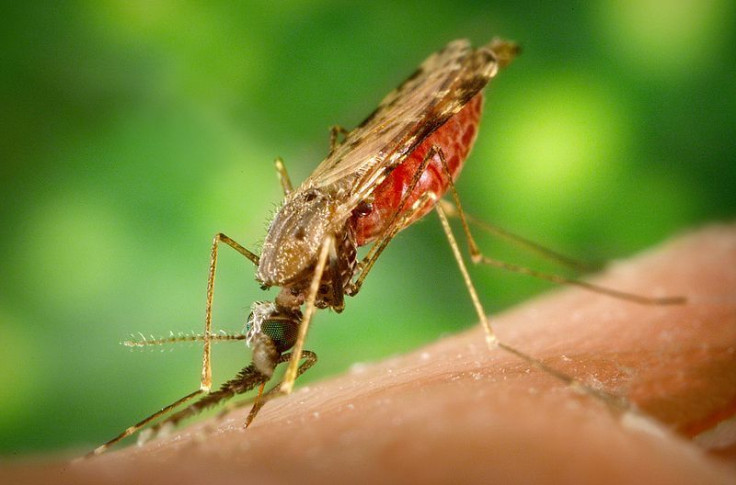Scientists May Have Just Cured Malaria

Researchers at South Africa's University of Cape Town have announced that they believe that they have discovered a drug that can cure malaria.
Malaria is one of the world's deadliest diseases. It kills a million people in Africa alone every year and, according to the World Health Organization, kills a child every minute. Current efforts at treatment involve multiple drugs that can come with side effects, so most efforts at stemming the disease of malaria focus on prevention.
The compound was made synthetically and is a part of the class of compounds called aminopyridines, which are often precursors to many neurological conditions. The drug killed the malaria parasites immediately, even those that have been immune to other anti-malarial medications. It was developed jointly by the University of Cape Town's Drug Discovery and Development Centre and the Switzerland-based Medicines for Malaria Venture.
Also impressively, in animal models, the drugs have shown no side effects. Clinical trials in humans could begin as early as next year.
The drug is being touted as the "Holy Grail" of malaria drugs, and as a "one-size-fits-all miracle drug."
The compound will be the first clinical drug candidate researched in Africa.
Of course, if the drug is successful, it could be almost a decade before a pill is first prescribed to a malaria sufferer. Regardless, this is huge news - for the scientists who are calling the drug a step forward for Africa, as well as for families, tourists, journalists, and economies in many tropical nations. And, because the drug would only be a single dose, it would encourage people to take their medicine. The drug seems to work instantaneously.
Malaria is a disease caused by parasites, carried by the infected female Anopheles mosquito. It can be transmitted from person to person as well, from a mother passing it to her child or from blood transfusions. Symptoms of the disease include high fevers, convulsions, jaundice, and coma. Complications from the illness include brain infections, kidney failure, and meningitis.
The CDC estimates that there are 300 to 500 million cases of malaria every year.



























